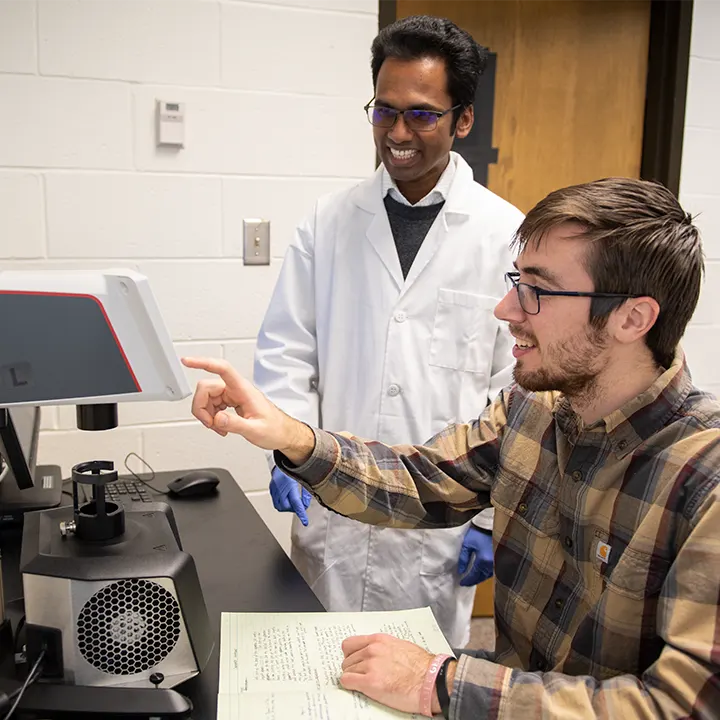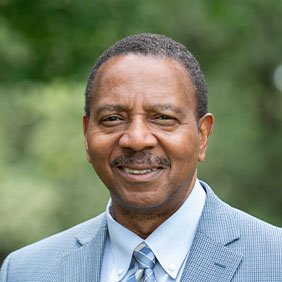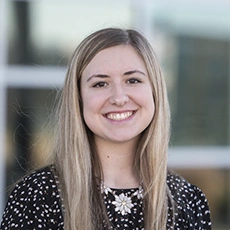About the BS in Forensic Science Degree
Why Study Forensic Science at Cedarville?
Do you love science, enjoy solving puzzles, and have a strong sense of justice? Cedarville’s distinctly Christian BS in Forensic Science is the perfect way to combine all three! This degree will prepare you to apply the scientific method to criminal investigations, allowing you to analyze evidence and interpret results with precision.
As a forensic scientist, you'll tackle everything from determining the chemical compositions of substances using both simple chemical tests and high-tech instrumental analysis, to extracting and analyzing DNA from evidence to match crime scene DNA with suspects. Sound intriguing? In Cedarville’s forensic science program, you'll experience an interdisciplinary approach that includes substantial laboratory work, an internship at a crime lab, and advanced coursework in the sciences.
With biblical integration in every course, you’ll learn what God's Word has to say about the science you're studying, preparing you to use your career for God's glory. Graduate equipped for a successful career in forensic science, ready to secure justice and keep our world safe while having a Gospel impact through your work.
Request Info VisitWhat Sets Cedarville Apart?
-
Biblical Worldview
The Bible is the authority for research and study in every class you'll take. -
Mentoring Christian Faculty
You'll be taught by highly-credentialed professors who want you to succeed. -
Top Placement Rates
Our graduates achieve top career and grad school placement rates — 10% above the national average.
Program Overview
Program Format and Related Programs
Cedarville offers graduate and undergraduate programs with flexible completion options. You may also want to consider these related programs as you choose the degree or program that is the best fit for you.
Related Programs
Program Level and Format
- Undergraduate
- 4-Year
- Residential

Program Faculty


Program News
-

Cedarville Criminal Justice Graduates in Demand With Local Law Enforcement
Upholding local, state and federal laws for the purpose of protecting communities with the highest ethical standards are commitments regularly found on mission statements of law enforcement agencies across the United States. Locally, Ohio police departments in Beavercreek, Springfield and Xenia have discovered graduates from Cedarville University’s criminal justice program are ready to fulfill that mission. -

Excellence Inside the Courtroom: Cedarville University’s Mock Trial Team
In a world where courtroom battles seem to leave little room for faith, Cedarville University mock trial team members are honing their legal skills and proving Christian principles and legal excellence can go hand-in-hand. Cedarville’s mock trial team members learn how to meld their Christian faith with the skills of a successful trial lawyer.

















